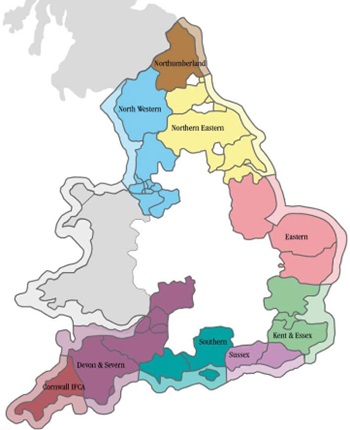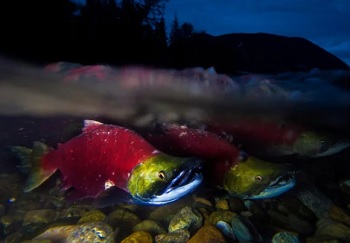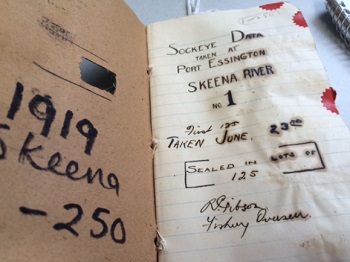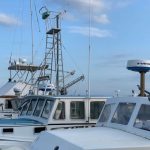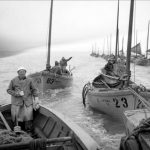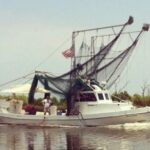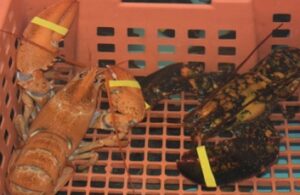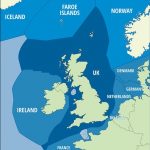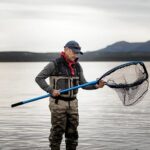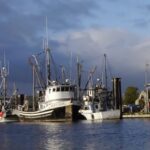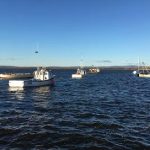Tag Archives: New research
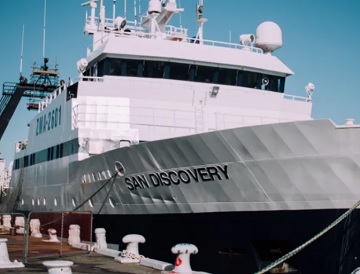
New Zealand: Fishing industry boasts of lowest carbon emissions – with caveats
“In 25 years at sea, I’ve seen quite a lot of changes,” Epiha says. “For example, they’re not shy at upgrading boats. Now we’re starting to see results from our fuel usage, fuel savings, reduced carbon footprint.” The 64-metre San Discovery, which he captains, is a deep-sea trawler that can produce fillets, headed and gutted fish, squid tubes, fishmeal and fish oil – all processed, packaged and labelled to export standards. “What I can hand-on-heart say is, we do care a lot about the environment,” he says. “It’s engrained in the way we operate, adjusting gear to make sure that it’s less drag on the bottom, easier to tow, because all that adds up to less fuel usage.” >click to read< 07:49
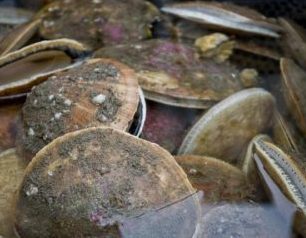
New Research Supports Opening of Currently Closed Scallop Areas
Data presented to the New England Fishery Management Council last month provide the latest evidence that long-closed areas of the Northwest Atlantic can be sustainably opened to the scallop fishery. The Fisheries Survival Fund, which represents the vast majority of full-time Atlantic Sea scallop fishermen, has long believed that these areas can be safely opened, and supports efforts to do so in light of this new evidence. The Northern Edge of Georges Bank (more formally known as Closed Area II Habitat Area of Particular Concern), has been closed to all commercial fishing activity since 1994. >click to read< 10:00
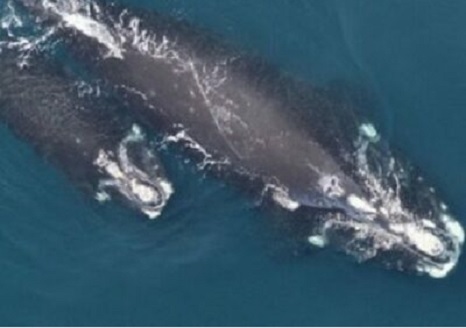
Whales Are Shrinking. Scientists Blame Commercial Fishing Gear
The findings, published today in the journal Current Biology, reveal that when fully grown, a North Atlantic right whale born today would be expected to be about one meter shorter than a whale born in 1980. The stunted growth of the whales coincides with an increasing rate of entanglements. A 2012 study from the New England Aquarium revealed,,, Researchers acknowledge that entanglements do not explain all of the reduced growth. Other factors might be climate change, collisions and noise from ships, and the shifting availability of tiny crustaceans called copepods, their primary food source. >click to read< 13:30






